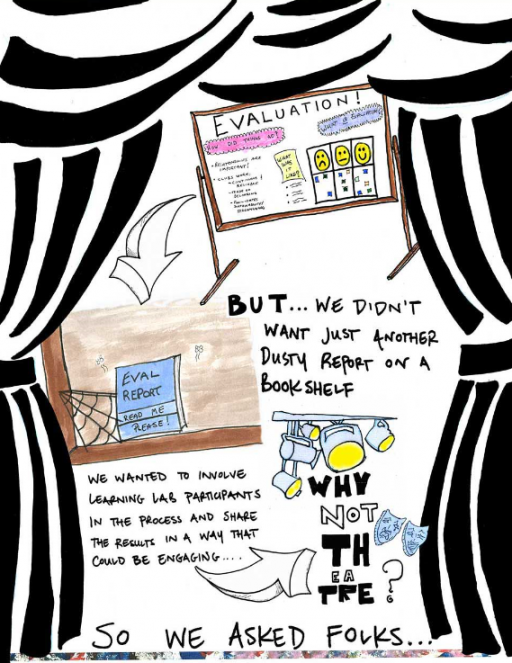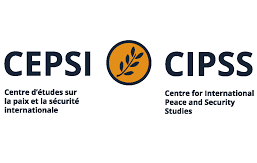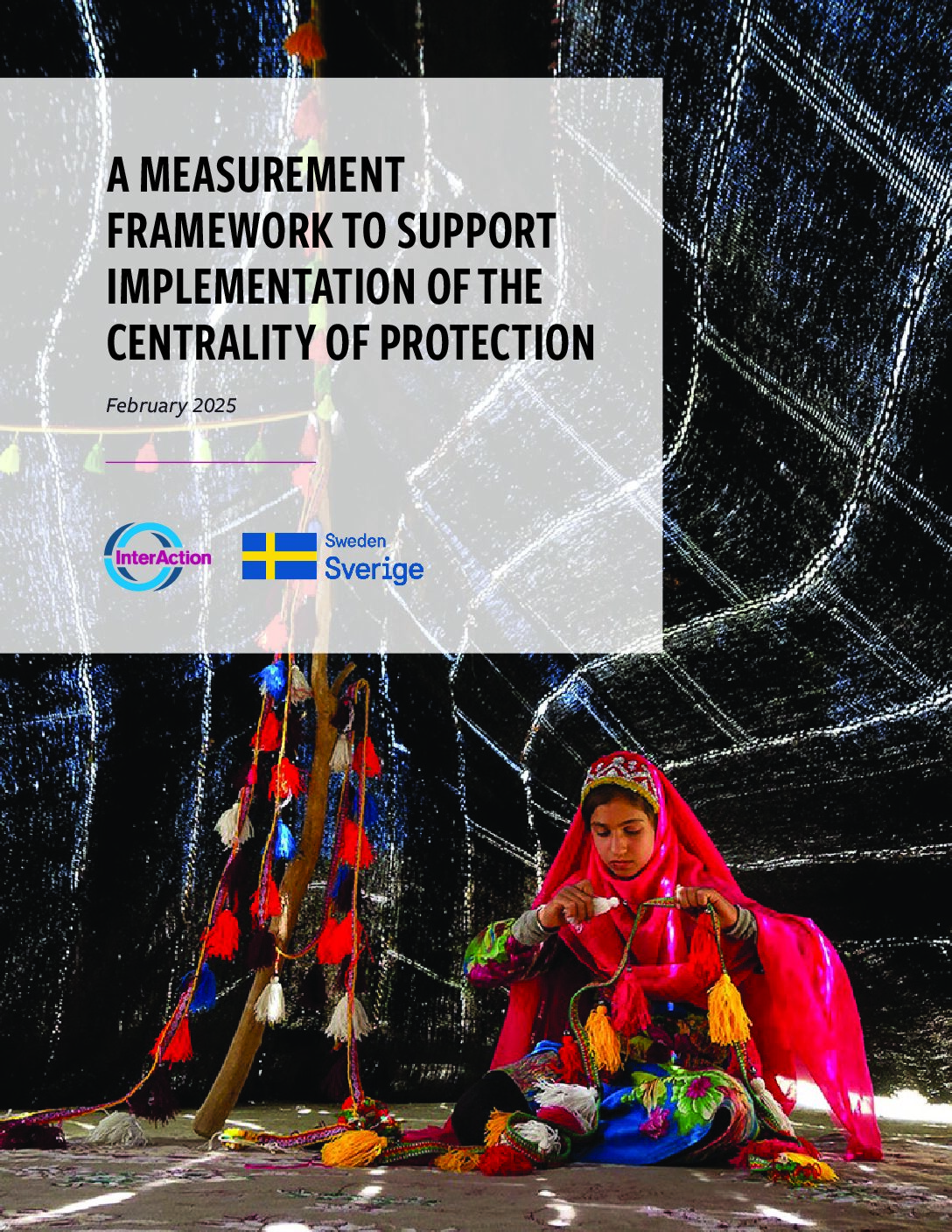In exploring methods for meaningful engagement with communities and effective two-way communication, there’s growing interest in using arts-based methods in evaluation. Theatre is one such approach that encourages people to creatively participate and connect with findings kinetically as part of a dialogue between performers and audience.
In a recent blog post with the American Evaluation Association, the University of British Columbia Learning Lab shared their Voices UP! community theatre approach to make the results of a recent evaluation accessible to a broader community audience. The theatrical performances were co-written and co-performed with the community members who contributed to the evaluation itself. It was not only an effective mechanism for disseminating results, but also deepened the evaluation, as the cast was able to learn more about evaluation and shared new stories and insights throughout the process.
In post-performance feedback sessions, one person said, “It was neat to hear the participants reflecting on what they had just done as well as what it meant to them to be a part of it.” Another remarked that “seeing” the impact of the program was more persuasive than reading in a report or grant application.
To document the findings from the evaluation and its methods, the Voices Up! team and community cast employed another storytelling method (designing a comic book) through the same participatory process.
For more information on this evaluation and for other resources on using theatre to tell an evaluation story, see the full post HERE.



